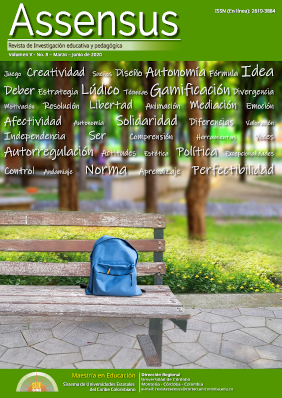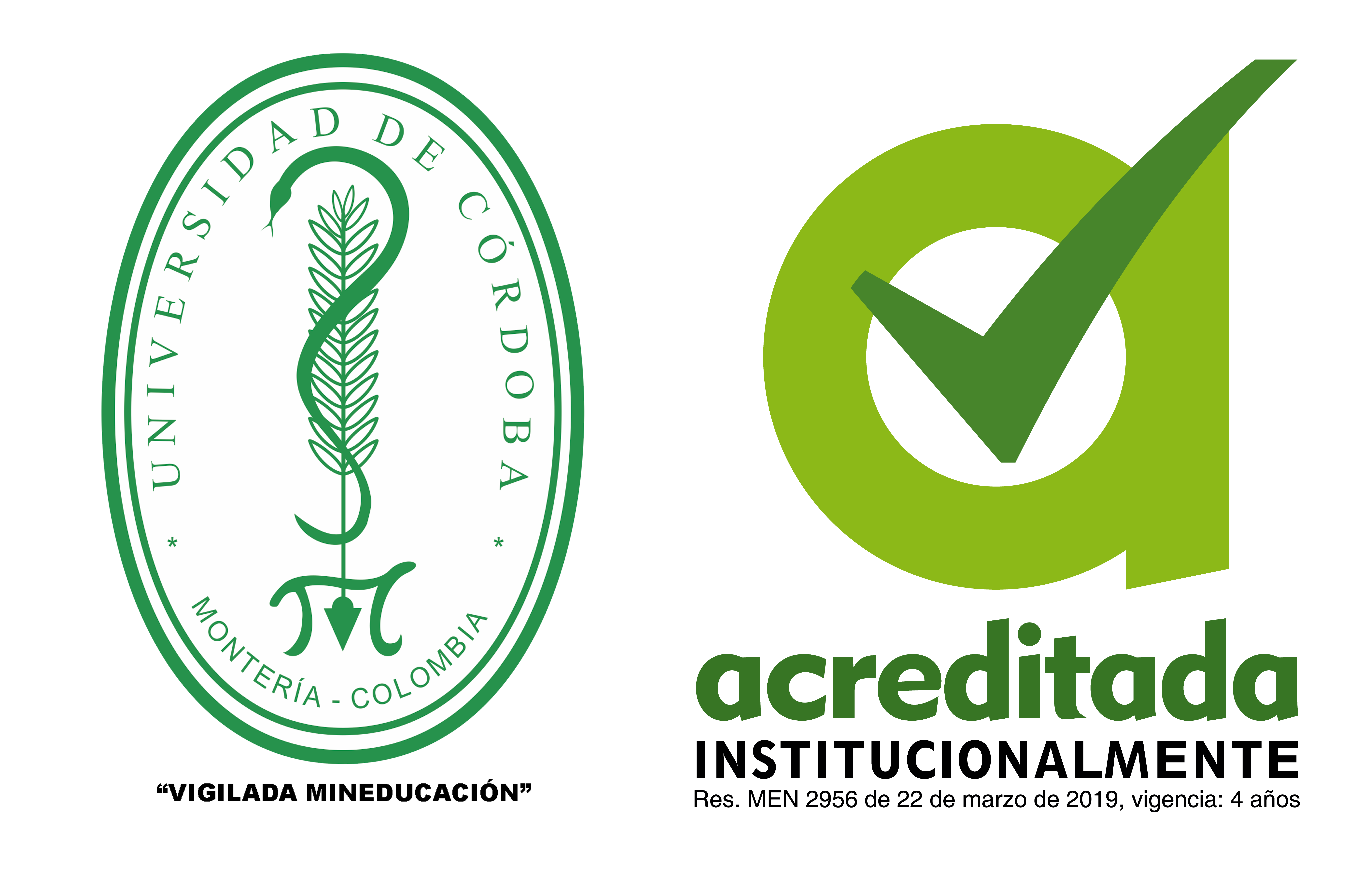Influence of hypermedia and hypertext contents on the development of inferential reading in 5th grade learners.
Influencia de contenidos hipermedia e hipertextos en el desarrollo de la lectura inferencial en aprendices de 5° Grado.
The Assensus journal has a Creative Commons license. The citation, use and partial or total reproduction of the contents is authorized by citing sources. For more information, see https://creativecommons.org/licenses/by-sa/4.0/deed.en
Show authors biography
The main purpose of this paper was to show the influence of hypermedia and hypertext content in the development of inferential reading, in primary school students. The participating sample was 58 fifth grade students of the Antonia Santos Educational Institution in Montería-Colombia. In ages between nine and twelve years. The scope of this work is descriptive, which was considered through a quantitative approach with a quasi-experimental design. The results show that mediation through hypermedial and hypertextual content, achieves an improvement in most of the domains related to the inferential reading level, especially in the logical and argumentative domains. These domains allow us to warn that the students who underwent the intervention (mediation with contents in hypertext and hypermedia format) improved their ability to recognize and manage more complex syntactic structures. However, it is recommended taking into account a larger population and establish better control of variables to verify if the influence is maintained.
Article visits 814 | PDF visits
Downloads
- Amaya, F., Gualdrón, G. & Fernández, C. (2017). Hipertexto: Influencia en estructuración del conocimiento. Rev. Horizontes pedagógicos. Vo.19 Núm. 1. Corporación Universitaria Iberoamericana.
- Cisneros, M., Olave, G., & Rojas, I. (2010). La inferencia en la comprensión lectora: De la teoría a la práctica en la Educación Superior. Pereira: Universidad Tecnológica de Pereira.
- Cubas, A. (2007). Actitudes hacia la lectura y niveles de comprensión lectora en estudiantes de sexto grado de primaria. Editorial Digital UNID, 2017 – 65p
- Gomes, R. (2008). Los caminos hipertextuales e hipermediáticos de los ciberperiódicos
- Hernández, R., Fernández, C., & Baptista, L. (2014). Metodología de la investigación. 6a Ed. Recuperado de http://observatorio.epacartagena.gov.co/wp-content/uploads/2017/08/metodologia-de-lainvestigacion-sexta-edicion.compressed.pdf
- Ministerio de Educación (2003). Todos a aprender 2.0. Niveles de comprensión lectora. Recuperado de: http://aprende.colombiaaprende.edu.co/sites/default/files/naspublic/plegable_niveles_de_comprension_lectora_leng.pdf
- Ministerio de Educación Nacional, MEN. (2017). Interpretación del informe por colegio. Colombia, 2017
- O Globo Online y FolhaOnline1. Artículo online. Universidade Federal da Bahia, Brazil.
- Ochoa, J, Mesa, S, Pedraza, Y, & Caro, E. (2016). La lectura inferencial, una clave para potenciar la comprensión lectora. EDUCACION Y CIENCIA (20), 240-263.
- Petro, E. & Ruiz, A. (2020). Influencia de contenidos hipermedia e hipertextos en el desarrollo de la lectura inferencial en aprendices de grado quinto de la I.E. Antonia Santos. Tesis de Maestría. Universidad de Córdoba.
- Santiago, A; Castillo, M. & Ruíz, J. (2005). Lectura, Metacognición y Evaluación. Bogotá: Alejandría Libros
- Solé, I. (2000). Estrategias de lectura. Ed. Graó. Barcelona.
- Soria, A. (2015). Estudio de los efectos del formato hipertextual en la comprensión lectora y la memoria textual en niños de educación primaria. Educación XX1, 18 (1), 369-390. doi: 10.5944/educXX1.18.1.12394
- Valencia, M (2016). Estrategias para potenciar el nivel literal de la comprensión lectora, con apoyo de TIC; una alternativa para el aprendizaje significativo en segundo grado de educación primaria (Tesis de maestría). Universidad Pontificia Bolivariana, Medellín, Colombia.
- Zapata, D. (2008). Actitudes hacia la lectura y niveles de comprensión lectora. Ed. Digital UNID.



